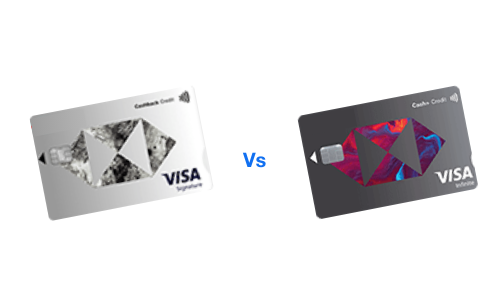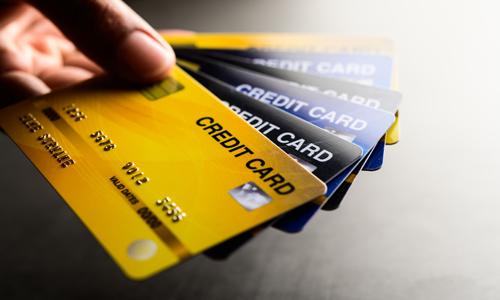Myths about Credit Score: Credit Card & Credit Score Relationship Explained

Card Payments & Credit Score
False: Credit cards offer a direct path to good credit scores.
True: There is a fraction of truth to this rumour. While credit card members can substantially improve their credit rating by making card repayments regularly and on time, it should be noted that credit scores rely on a variety of other factors as well. Factors such as loan payments, mortgage payments, utility bill payments and inquiries all affect the cardholder’s credit score. There is no single factor that directly influences the credit score.
| How to check credit score in uae |
Inquiries: Soft & Hard
False: A credit card inquiry will damage my credit score.
True: Credit bureau inquiries are requests for access to the customer’s credit report. Inquiries are categorized in two ways: soft and hard inquiries. Soft inquiries do not damage the credit card owner’s credit score in the slightest and merely informative in nature. Hard inquiries, on the other hand, are made when the customer applies for a line of credit, such as through a credit card. These inquiries are recorded by the bureau and can in fact negatively impact the credit score. Customers with multiple inquiries are normally considered to be high-risk customers and so, may not qualify for credit cards and other financial services.

No Credit Cards
False: I can maintain a good credit score by not applying for any credit cards.
True: Credit cards offer an excellent way to improve credit score. In fact, customers that use their credit card regularly and make repayments on time are guaranteed to see better credit scores than those without any credit card.
Credit Card Cancellations
False: Closing my credit card accounts will help me improve my credit score.
True: As mentioned earlier, customers with a credit card are considered to be more financially adept and typically earn higher credit scores than customers without a credit card. Similarly, closing a long-standing credit card account can actually worsen the cardholder’s credit score. The reason behind this is simple; a credit card offers the cardholder an extended line of credit, which allows them to make payments and purchases. Without this line of credit, the cardholder has a lot less financial power and is at a greater risk of missing payments. It is advised to keep at least one line of credit open.
Negative History
False: By making credit card repayments on time I can erase earlier negative records in my credit report.
Truth: It is impossible to erase earlier instances of missed credit card payments and other negative connotations from a credit report. However, by making regular on-time credit card repayments, the cardholder can gradually improve their credit score and build a positive chain of repayment records. Repayment histories typically remain in a credit report for many years. So, instead of focusing on rectifying past records, cardholders should try to make credit card repayments in a timely manner and thus build a positive future record.

Credit History Based Applications
False: Since I have a good credit history, I will surely qualify for a credit card.
True: A credit report displays the details of a customer’s past payment records and by using thousands of other additional factors, calculates a credit score. While credit history is a given criterion for eligibility for any credit card, there are several other factors that a credit report does not consider. Credit card issuers have to take many variables into account such as the applicant’s monthly income, the applicant’s spending habits and in some cases even the applicant’s work experience. One cannot simply get a credit card on the basis of their credit history.
Joint Credit Scores
False: My credit score is increasing/decreasing because of my spouse’s credit score.
True: There is no such thing as a joint credit score. Therefore, a credit card will affect only the owner’s credit score. Only in cases where a credit card offers joint ownership will the credit score of both parties be affected, if both the customer and spouse are the named joint owners. Note that the credit scores of the customer and spouse are affected jointly, but both parties will still have individual credit scores.
Prepaid & Debit Cards
False: I can maintain a good credit score by using only prepaid and debit cards.
True: Credit scores are only affected by products which offer the customer a line of credit, such as loans, mortgages and credit cards. As prepaid cards and debit cards do not offer any credit, they will in no way affect a customer’s credit score.
In a Nutshell
We have learned that a credit card offers not only enhanced spending power but also an excellent way to improve the cardholder’s credit score. As seen here, credit cards can be complicated financial instruments to understand, which is why they have spawned so many false ideas about credit scores. It is always a good idea to clarify credit card banking concepts rather than making assumptions.
Feel free to go over our other articles on credit card offers and terminology to gain a better understanding of this complex and powerful financial tool.
More From Credit Cards
- Recent Articles
- Popular Articles
















